Our goal is to develop novel immune checkpoint inhibitory and stimulatory strategies to overcome resistance to current immunotherapies, paving the way for next-generation immunotherapies and innovative combination treatments.
To optimize the efficacy of immunotherapy combination strategies against solid tumors, we will implement a biomarker-driven approach for patient selection.
Lever Bio's pipeline consists of solid tumor microenvironment reprogramming agents and T-cell fitness potentiators



T lymphocytes

NK lymphocytes

Cancer-restraining fibroblasts (CAF)
M1 macrophages





T lymphocytes
While cytotoxic T cells are historically the primary target of immunotherapy, the recruitment of immunosuppressive cell subpopulations within the TME, along with the upregulation of inhibitory checkpoints, limits effector T cell infiltration and function in solid tumors.
In this metabolically hostile TME, tumor-infiltrating T cells encounter increased acidity, hypoxia, oxidative stress, and dysregulated lipid metabolism.
Myeloid-derived suppressor cells (MDSC)
M2 macrophages
Treg lymphocytes
NK
lymphocytes
Cancer-associated fibroblasts (CAF)

Science
Cancer immunotherapy, including immune checkpoint inhibitors and adoptive cell therapies, has emerged as a potentially curative treatment for a subset of advanced cancers. However, most patients with solid tumors fail to derive clinical benefit from these therapies.
A key mechanism of resistance to cancer immunotherapy is the ability of the solid tumor microenvironment (TME) to drive a metabolically hostile and immunosuppressive phenotype
These factors collectively drive T cell dysfunction
and terminal exhaustion, ultimately suppressing anti-tumor immunity and fostering resistance to immunotherapy
News & Updates
Mutant SEMA3A is a PlexinA4-selective superagonist for cancer treatment that normalizes tumor vasculature and induces tumor-restraining CAF polarization.
LVB-001
LVB-002
PlexinA4 is a Semaphorin receptor that negatively controls cytotoxic T lymphocytes migration in cancer.
LVB-003
SCL4A4 is a bicarbonate transporter that induces bicarbonate uptake by cancer cells and increases TME acidity.
LVB-004
Prostaglandin D2 (PGD2) signaling mediated by DP1/DP2 receptors sustains TAMs immunosuppressive phenotype while impairing CD8+ T cell functions.
LVB-005
CDA-positive cancer cells recruit P2Y6-positive macrophages and sustain their immunosuppressive activity via UDP and UTP release.
Linoleic acid (LA) is a major positive regulator of cytotoxic T lymphocyte activity by improving metabolic fitness, preventing exhaustion and stimulating a memory-like phenotype.










